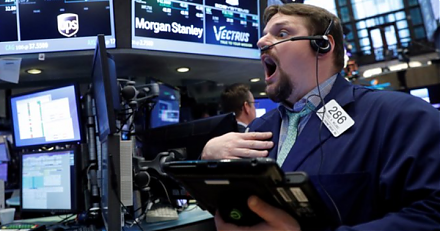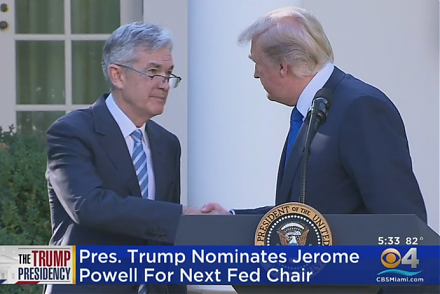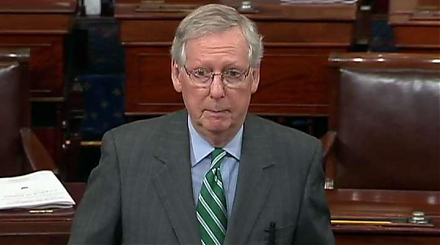

2018-07-07 10:33:00 Sat ET
technology antitrust competition bilateral trade free trade fair trade trade agreement trade surplus trade deficit multilateralism neoliberalism world trade organization regulation public utility current account compliance
The east-west tech rivalry intensifies between BATs (Baidu, Alibaba, and Tencent) and FAANGs (Facebook, Apple, Amazon, Netflix, and Google). These Sino-U.S. tech titans now reach the trademark total market capitalization of $4 trillion as of July 2018. The U.S. tech giants aim to achieve digital supremacy worldwide; yet, only Apple and Amazon receive open access to the Chinese market. The Chinese tech leaders, Baidu, Alibaba, and Tencent dominate in Mandarin online search, e-commerce, mobile payment encryption, social media, and digital communication.
These Sino-American tech titans avoid each other in their home markets, and the recent bilateral trade frictions make it less likely for a fundamental clash to happen in these respective markets. In light of tariffs, quotas, and other trade barriers, the Trump administration bans China Mobile from acquiring access to the U.S. market due to national security concerns. In response to the recent M&A request of Ant Financial Group (an affiliate of Alibaba in China), the Trump administration vetoes Ant's acquisition of a U.S. payment firm. Several investment restrictions prevent Sino-U.S. tech titans from entering the uncharted territory on the other side of the northern hemisphere.
For this reason, these Sino-U.S. tech titans expand their reach and impact in third countries with high population dividends, such as Brazil, India, and Indonesia etc. FAANGs and BATs are now aggressively seeking both domestic and foreign M&A targets, especially unicorns or tech startups each with $1 billion market valuation. These unicorns tend to specialize in specific R&D innovations in order to package themselves for lucrative takeover deals.
As global income and wealth increasingly concentrate in the Sino-U.S. tech titans, consumer benefits manifest in the form of technological improvements. Whether this pecuniary concentration would exacerbate global economic inequality remains an open controversy. Rampant socioeconomic polarization and inequality may be the inevitable by-product of this income and wealth concentration in the Sino-U.S. tech titans. This trend raises a red alert due to grave antitrust concerns, and both U.S. and Chinese regulators and policymakers must attend to the key implications for better economic reform. The law of inadvertent consequences counsels caution.
If any of our AYA Analytica financial health memos (FHM), blog posts, ebooks, newsletters, and notifications etc, or any other form of online content curation, involves potential copyright concerns, please feel free to contact us at service@ayafintech.network so that we can remove relevant content in response to any such request within a reasonable time frame.
2020-04-03 09:28:00 Friday ET

The Intel trinity of Robert Noyce, Gordon Moore, and Andy Grove establishes the primary semiconductor tech titan in Silicon Valley. Michael Malone (2014)
2019-06-13 10:26:00 Thursday ET

The Chinese Xi administration may choose to leverage its state dominance of rare-earth elements to better balance the current Sino-U.S. trade war. In recent
2022-03-05 09:27:00 Saturday ET

Addendum on empirical tests of multi-factor models for asset return prediction Fama and French (2015) propose an empirical five-factor asset pricing mode
2019-04-09 11:29:00 Tuesday ET

The U.S. Treasury yield curve inverts for the first time since the Global Financial Crisis. The key term spread between the 10-year and 3-month U.S. Treasur
2017-10-03 18:39:00 Tuesday ET

President Trump has nominated Jerome Powell to run the Federal Reserve once Fed Chair Janet Yellen's current term expires in February 2018. Trump's
2018-03-15 07:41:00 Thursday ET

The Trump administration's $1.5 trillion hefty tax cuts and $1 trillion infrastructure expenditures may speed up the Federal Reserve interest rate hike